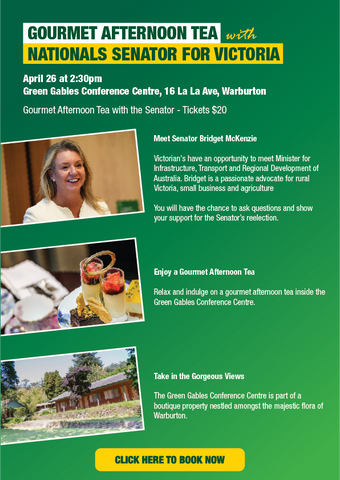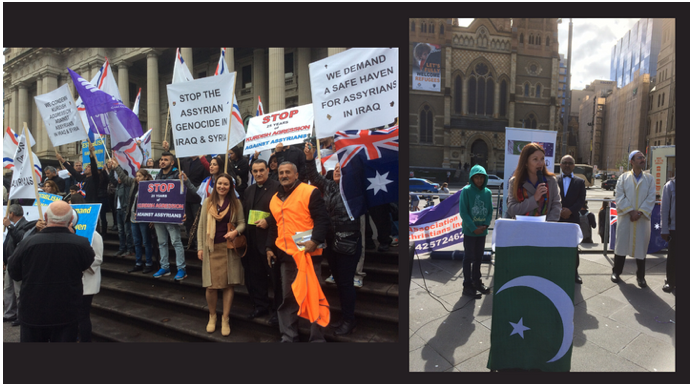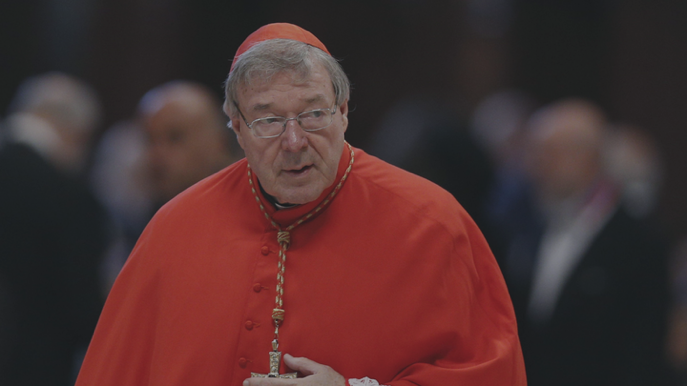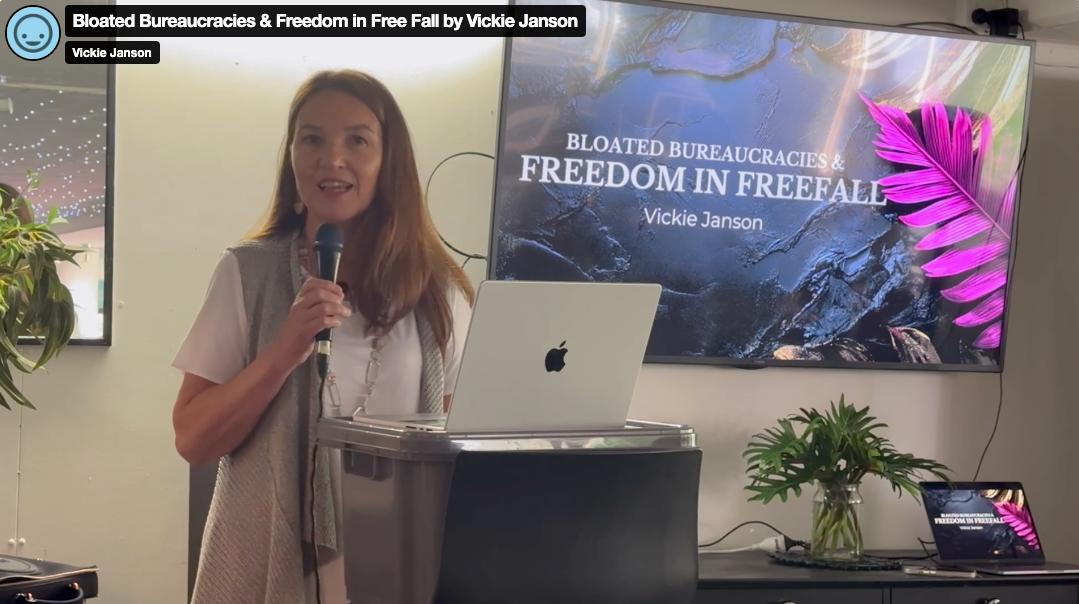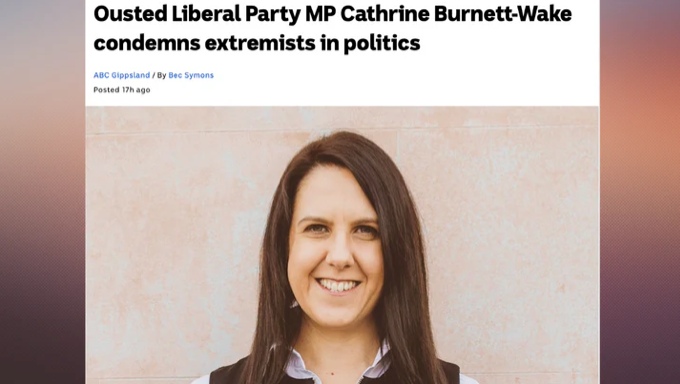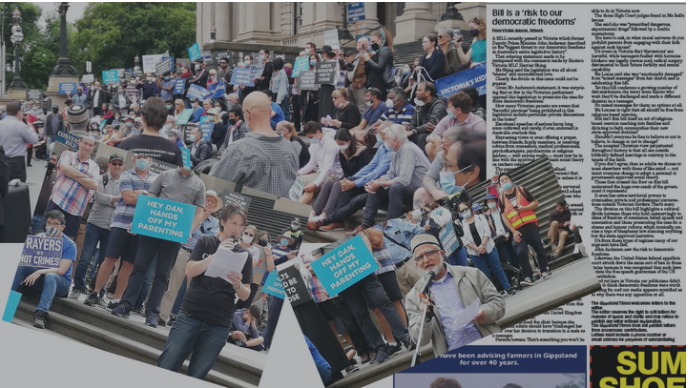Visiting Doctor’s Remedy to Radicalisation
In this age where even a suggestion of fighting for the values and norms of the free world may be seen as supremacist and bigoted, American born son of Syrian parents, Dr Zuhdi Jasser says “it’s imperative that we fight for Western values with the same intensity that Islamists fight to establish a global caliphate.” For those who complain about the lack of moderate Muslims calling for an end to violence in their name, Jasser offers a strong public voice.
He is the founder of the American Islamic Forum for Democracy and co-founder of the Muslim Reform Movement. He and other Reformers aim to ‘inoculate (fellow) Muslims with the ideas of universal freedom within the Islamic consciousness.’ They believe that a reformed Islamic narrative can act as a bulkhead to the sharia and caliphate concepts which they say are undermining western democracies, universal human rights and are the catalyst to radicalisation.
It may be warring and challenging language but Jasser maintains there is a civil war within Islam and a need for western governments, who all too often ‘appoint arsonists to put out the fires,’ to unite on the side of Muslims who stand for peace, universal human rights, and secular governance. That will require adopting a more nuanced approach in order to recognise them. Identifying markers have been documented in the Muslim Reform Movement’s Declaration supporting liberal secular democracy and human rights.
It’s not just Islam in the wars. Society in general appears to be more divided on political and human rights issues with faith affiliation no longer the unifying force it once was. Asia Bibi is a case in point. The British government led by a Prime Minister who is a vicar’s daughter, made it clear this vulnerable Pakistani Christian woman who had suffered greatly under Pakistan’s Blasphemy laws was not welcome in the UK. By contrast, a British trade envoy who was a Muslim and son of an imam resigned his post, partly because of his governments’ refusal to welcome in Asia Bibi.
The values that Reformers identify as transcending faith are rooted in the ideas of liberty. Liberty-minded citizens promote freedom of belief and speech, and Islamists (and others) punish it and promote blasphemy and apostasy laws.
In essence, the prescribed remedy for radicalisation is not found in any interfaith movement, but in embracing citizenship of the free world which necessitates making a clear distinction between Islam and Islamism (political Islam), the latter needing to be abrogated. Reformers maintain political Islam is the root cause of Islamist radicalisation. Where others cry ‘lone wolf, Jasser cries known wolf.’
Commenting in 2013 on a western Sydney imam’s losing battle with programs countering terrorism, Maajid Nawaz, a former radical himself who spent 13 years inside Hizb ut-Tahrir, said the community had to "aggressively claim the middle ground". Read the full article here.
Jasser is indeed aggressively claiming it. Exactly where that middle ground is located on the left-right spectrum is up for discussion in Melbourne and Sydney March 2019. Jasser will be joined in public meetings by notable Australian Muslim academics and leaders, Dr Mehmet Ozalp, Dr Zuleyha Keskin, Yassir Morsi and non-Muslim lecturer in Islamic Studies Dr Bernie Power, to discuss the merits and challenges of the Muslim Reform Movement.
Some Australians argue Islam can’t be reformed, others take the position Islam doesn’t need to and others may find a glimmer of hope in public conversations reflecting a greater ideological diversity in Islam than imagined. One thing is certain, people from different persuasions can and do reform enabling them to see things differently. Whether the Doctor’s remedy to radicalization will be swallowed or not, that may be the spoonful of honey that makes the medicine go down.
Details of Meetings:
Melbourne meeting on 12th March 2019
Melbourne meeting on 13th March 2019
Sydney meeting on 16th March 2019
